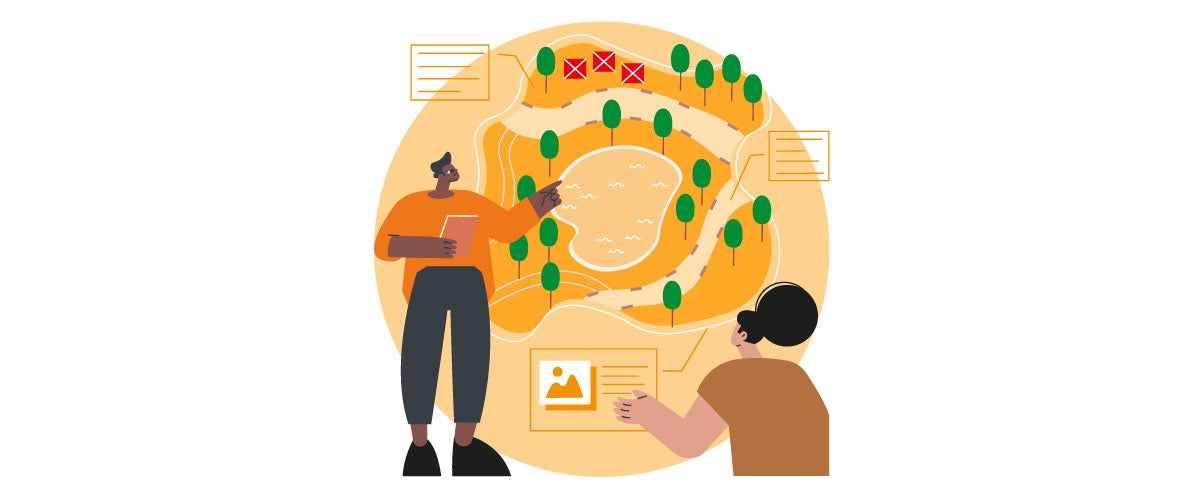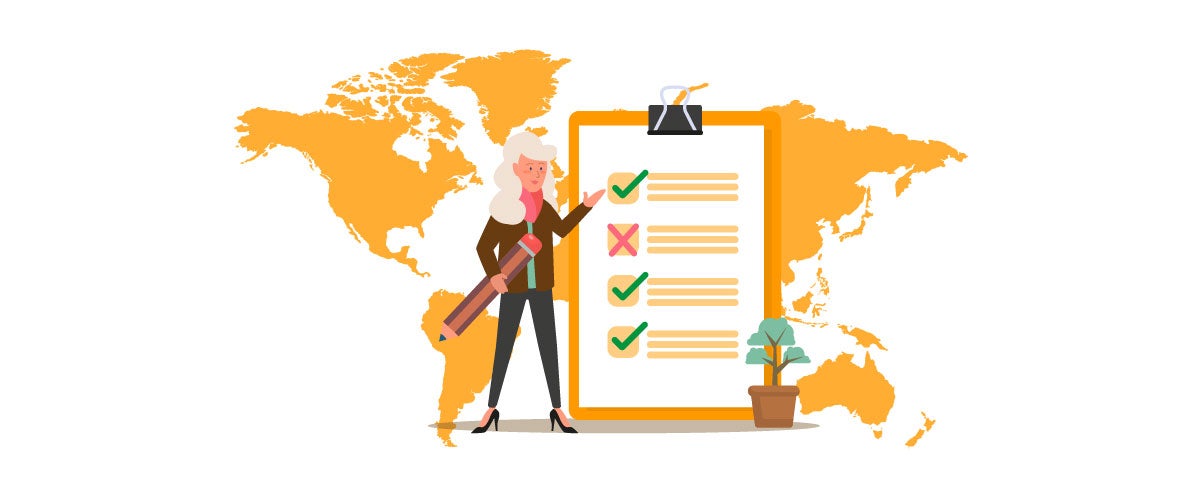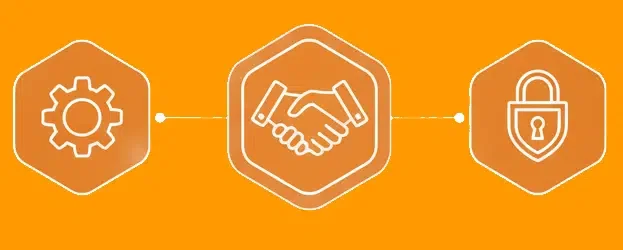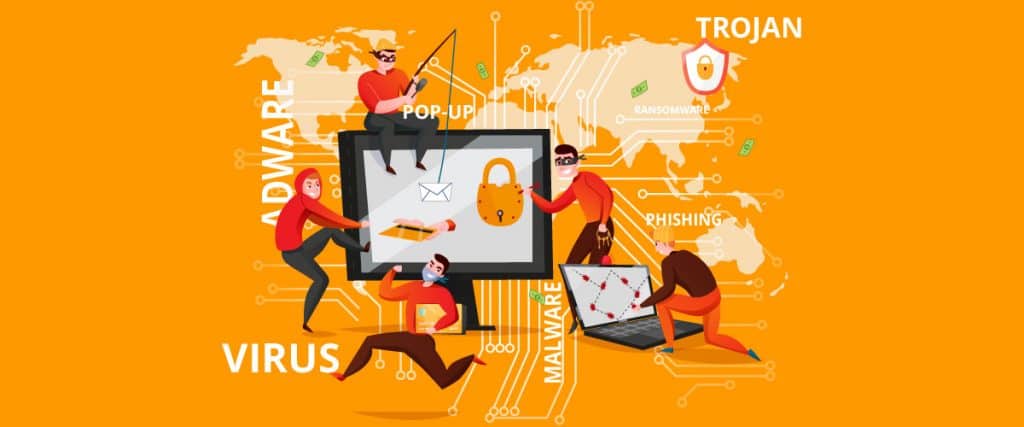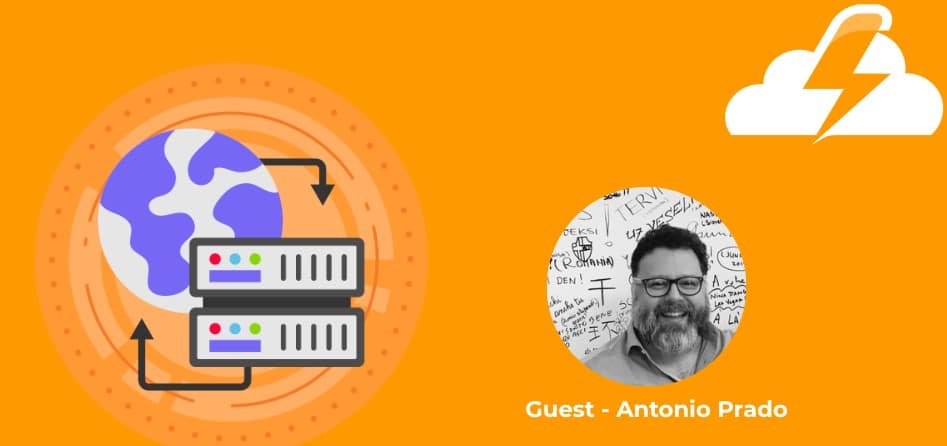
DNS Geo Blocking: an online security instrument from the commercial sector
The DNS Geo Blocking allows you to block access to web content based on their geographical origins. Developed years ago, up until now it has mainly been used in the commercial sector, causing discontent from the European Commission. In the computer security section however DNS Geo Blocking promises to guarantee an ulterior level of security when accessing online content.
1. DNS Geo Blocking: the first uses
The DNS Geo Blocking, or geographical block, was born to satisfy the commercial worlds needs and, more in particular, to protect copyright and distribution rights thus avoiding the transmission of determined content in some countries. In particular reference to videos, tied to films or series (both YouTube and Netflix use this) but also music and sporting events of which their transmission calls for a licenses and permissions.
Other sectors that use geoblock software include sites that offer online shopping where they establish different prices for different countries (so called ‘price discrimination’) as well as the advertisers on these sites that, according to where the DNS originates, propose tailored publicity and adverts for each geographical area.
DNS Geo Blocking can also have a use that is more connected to the legal side of things. Different countries, in fact, adopt various names with which they classify their content. This classification can be based on age, as well as being a reference to the type of content itself. For example, in many countries the online betting platforms are illegal.
1.1 The so called ‘Australia Tax’
The case of DNS Geo Blocking in Australia has become particularly famous in the years between 2010-2015, it is also true that the search words ‘dns blocking Australia’ are some of the most searched for arguments in this topic.
‘Dns blocking Australia’ refers to the fact that, for a long period, the prices that were applied to goods and services in Australia were much higher that the prices that were applied to the very same things in the United States. The case reached its highest point in 2013 concerning videogames as well as software and hardware.
At this point it was called a true and proper ‘Australia Tax’, a tax that appeared to be applied just for the sake of being in Australia. The ‘dns blocking Australia’ argument gained so much attention that it resulted in a government backed investigation on the prices of computer based products.
1.2 The European Union intervention
The European Union intervened in the ‘geoblocking Europe’ side of things. In fact, the commission have always seen this kind of geographically based price discrimination in a very negative way, including ‘geoblocking Europe’. With this point of view, in May 2015 the Union adopted the ‘Digital Single Market’, cancelling the commercial barriers even within the digital sector.
Amongst the objectives declared by the Digital Single Market there was also that of eliminating the unjustified use of geoblock software within the common market countries, with the conviction that ‘too many European citizens are unable to use the online services that are available in other UE countries, often without any justification: they are even re-addressed to local stores with different prices. This discrimination cannot be tolerated in a Common Market’.
Also, in 2018, there was a European Regulated 2018/302 law that goes against the unjustified use of ‘European geoblocking’ as well as other forms of discrimination based on nationality, place of residence or hometown of clients within the internal market.
>> The DNS Geo Blocking by FlashStart protects you from a vast gamma of threats and blocks the access to dangerous sites ? Start your free trial now
2. DNS Geo Blocking: from the commercial sector for computer security
Whilst within the commercial sector DNS Geo Blocking has received varied criticism, just as we have discussed up until now, it has become a very favourable application in other sectors such as that of computer security.
2.1 DNS Geo Blocking: what for?
Applying a geoblock software to the computer security sector means blocking network services based on their geographical origin. What for? In the IT world DNS Geo Blocking is applied towards those countries that are known to have a very high risk of cybercrime with the objective of steering users away from navigating on dangerous sites. We are actually talking about geographical discrimination but for a good use.
In fact, often the sites that are based in these countries are purveyors of viruses, trojans, malware, ransomware and other dangerous content. It is also not always the case that users navigate strange and suspect sites. Sometimes these sites are accessed through the use of a link, maybe through the form of an attractive button that invites the user to click and uncover some kind of promotion or even through a phishing mail that is very well constructed informing you of a package from a very well known courier.
Once the incriminating site has been reached the consequences can have minor or even major effects. The hackers can trick their way into a company or organizations system and then steal data with the purpose of asking for a ransom. The objective may also be that of remaining silent and hidden whilst studying the victim right until the time is right to pose an attack or, in the worst case scenario, take over the whole IT system until it completely blocks the company’s functions.
>> FlashStart is the geoblock software that is totally cloud based and easy to activate ? Try it now
2.2 What countries should be blocked?
There doesn’t exist an ‘official’ list of countries that should be blocked. The objective is to block those where the highest number of attacks originate from, but the choice is also based on personal preferences or a company or Public Administration. On the company standards and internal politics of computer security.
Regarding countries that have the highest rates of malevolent attacks, the lists commonly include the following ones listed below in alphabetical order without the presumption of offering a final and definitive one:
» Brazil
» China
» North Korea
» Cuba
» Iran
» Nigeria
» Romania
» Russia
» Syria
» Sudan
» Ukraine
We often talk of countries in which there still haven’t been created agencies and organizations that aim to guarantee the security and legal protection of network traffic in a way that fights cybercrime. Many times these countries are also outside of the networks that are being born on an international level for developing shared policies on web management.
>> You can activate the FlashStart® Cloud protection on any Router and Firewall to securely protect desktop, mobile and IoT devices on local networks
3. FlashStart: the DNS Geo Blocking that is intuitive and easy to use
The solution that is proposed by FlashStart is a DNS web based content filter that controls the incoming and outgoing traffic on a determined device, through a company/domestic network connection (protection at a router level) or when the connection comes from a more public IP (protection on a single device level through the ClientShield application)
The DNS web filter from FlashStart is highly customizable and offers, amongst its many functions, a geoblock software that allows you to block all content arriving from specific countries in the world. Whilst the malevolent sites are automatically blocked by the FlashStart content filter, the same cannot be said for the DNS Geo Blocking. With this the network administration has complete choice on which and how many countries to block.
In the FlashStart control panel that the DNS Geo Blocking has there is a tab that is dedicated to a list of all of the countries that exist in the world. To make it even easier, FlashStart has already grouped together the counties based on their geographical locations. This allows the administration to block entire regions or even to just block a few single countries in a very simple and quick way. Once a country has been selected it becomes immediately active.
3.1 Blacklist and Whitelist
The DNS web filter by FlashStart is based on a ‘denied list’, better known as a blacklist: these are the lists that contain all of the addresses of sites that are considered to be dangerous and therefore should be blocked.
When you choose to activate a geographical block on a certain country all of the sites that are physically hosted by servers that are based there automatically end up on the blacklist and therefore if a user tries to gain access to them, the system sends them an error/advice message that explains that it is impossible to proceed.
The customizable options of FlashStart also make the contrary possible: in fact the administration can choose to block a country or geographical area through the geoblock software but, at the same time, permit access to specified sites from that country or geographical area. All you have to do is create a personal Whitelist indicating the sites where access should always be allowed. ? If you have already activated FlashStart, read this guide that explains how to lay out your Blacklist for the DNS filtering in Internet as well as how to create your personal Whitelist.
>> Thanks to FlashStart you are now able to navigate serenely in complete securit ? Start your free trial now and ask about our offers
You can activate the FlashStart® Cloud protection on any sort of Router and Firewall to secure desktop and mobile devices and IoT devices on local networks.
